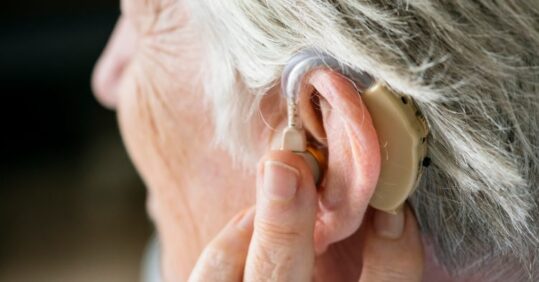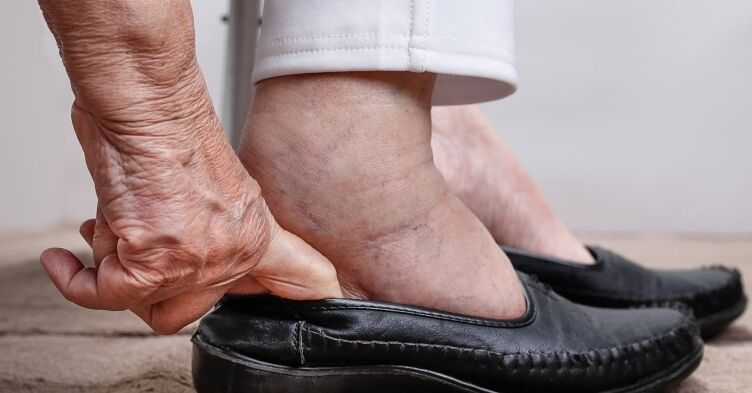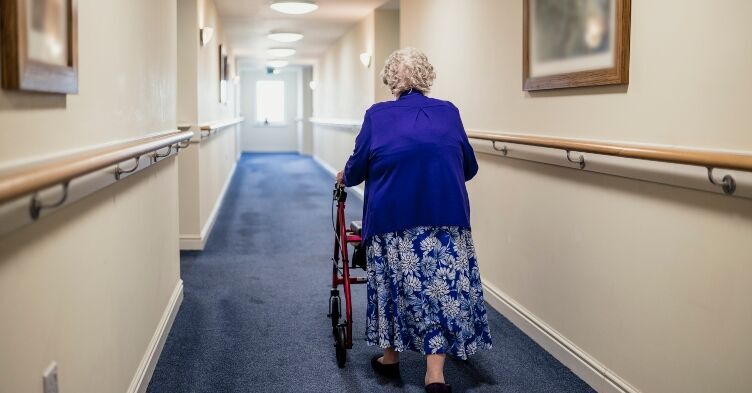Difficulty hearing spoken conversations is associated with a 91% increase in the risk of dementia, according to a study undertaken by the University of Oxford.
Researchers examined 82,039 people and found those showing difficulty in hearing conversations may be more prone to suffering from dementia later in life. This is the first large-population study to examine whether hearing loss around conversations could be a risk factor for dementia.
The research was published in the Alzheimer’s & Dementia: The Journal of the Alzheimer’s Association.
According to the World Health Organisation (WHO), hearing difficulties affect almost one-third of the global population. One of the most significant impairments of hearing loss is the inability to hear conversations in crowded environments, known as speech-in-noise hearing impairment.
It has been suggested in previous studies that the social isolation and possible subsequent depression associated with hearing loss can cause an increased risk of dementia. The new study found there to be no evidence that this was true.
The researchers examined data from over 82,000 men and women, aged 60 years and older, who did not suffer from dementia held at the UK Biobank. The participants were asked to identify spoken numbers against a background of white noise and were rated as having normal, insufficient or poor hearing.
Over an 11-year follow-up period, 1,285 participants were identified as having dementia based on hospital inpatient and death register records. A speech-in-noise hearing impairment was associated with a 91% increased risk of dementia, while for participants with insufficient hearing, there was a 61% increased risk of dementia.
Dr Thomas Littlejohns, a senior author of the study, said: ‘Dementia affects millions of individuals worldwide, with the number of cases projected to treble in the next few decades. However, there is growing evidence that developing dementia is not inevitable and that the risk could be reduced by treating pre-existing conditions.’
He added: ‘Whilst preliminary, these results suggest speech-in-noise hearing impairment could represent a promising target for dementia prevention.’
The risk levels remained the same whether dementia developed three years or nine years after the initial hearing test.
Dr Katy Stubbs from Alzheimer’s Research UK said: ‘While most people think of memory problems when we hear the word dementia, this is far from the whole story. Many people with dementia will experience difficulty following speech in a noisy environment. This study suggests that these hearing changes may not just be a symptom of dementia, but a risk factor that could potentially be treated.’







